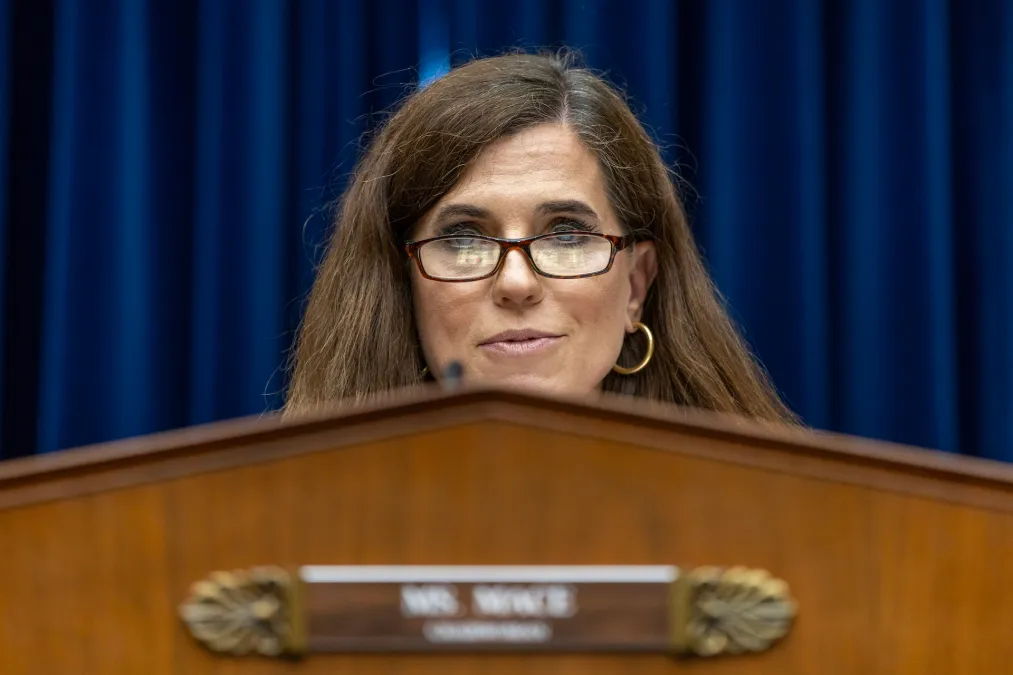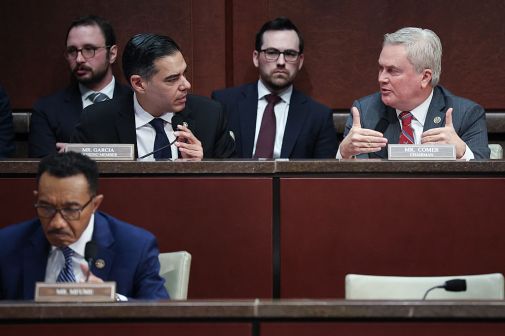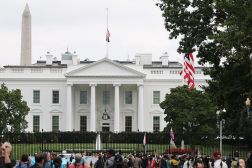Agency software purchasing bill reintroduced by House Oversight members

A bipartisan group of House Oversight and Government Reform Committee members reintroduced a bill Thursday that aims to overhaul federal software purchasing for better efficiency and reduced costs.
The Strengthening Agency Management and Oversight of Software Assets (SAMOSA) Act would make agencies conduct “comprehensive” software inventories and undergo independent assessments of management practices and contracts.
The legislation, which is backed by several leading software trade groups, would also require agency chief information officers to create a plan to adopt enterprise licensing agreements in order to improve costs and negotiating power against vendors. Additionally, the Office of Management and Budget would have to publish a governmentwide strategy for software modernization based on audits and plans.
Rep. Nancy Mace, R-S.C., who introduced the bill with Reps. Gerry Connolly, D-Va., April McClain Delaney, D-Md., and Pat Fallon, R-Texas, said in a statement that the government spends money on software that “it doesn’t need, doesn’t use or already has.”
“The SAMOSA Act is a smart, bipartisan step to bring transparency, accountability and common sense to federal IT spending,” added Mace, who chairs House Oversight’s Cybersecurity, IT and Government Innovation subcommittee. “Taxpayers deserve better than duplicative licenses and bloated contracts — they deserve a government that actually knows what it’s buying.”
The House previously passed the SAMOSA Act last December, but the bill didn’t make it through the Senate before the last congressional term expired.
David Weinberg, staff director for Senate Homeland Security and Governmental Affairs Democrats, said during an Elastic event in Washington, D.C., last week that the SAMOSA Act was one of the committee’s top tech policy priorities this Congress.
“All roads on the committee now run through Chairman [Rand] Paul,” Weinberg told FedScoop. “So we’re in the early stages of those conversations with them, and I’m sure they’ll want to see what the new administration has to say as well. We are trying to do some of the lowest-hanging fruit from last Congress first. I’m hoping this stuff will be [in] the next tranche.”
Groups including the Alliance for Digital innovation, NetChoice, Coalition for Fair Software Licensing and others reiterated their support for SAMOSA in a letter sent Thursday to House Speaker Mike Johnson, R-La., and Minority Leader Hakeem Jeffries, D-N.Y.
The trade organizations pointed to DOGE claims that agencies often have more software licenses than people, “with many idle licenses, meaning they have been paid for but not used.”
“As the world’s largest software customer, there is no reason why restrictive software licensing terms and limited integration capabilities should inhibit the ability for the U.S. government to access best in breed and preferred technologies,” the letter states.
It continued: “The resulting inefficiencies and waste limits digital innovation and the ability of government agencies and departments to choose the technology products and services that make the most sense for individual agencies and for taxpayers.”
Connolly, ranking member of the cybersecurity and IT subcommittee, said in a statement that SAMOSA is a “critical step” toward making sure that agencies manage software assets with the “same rigor and accountability we expect in the private sector.”
“By improving transparency, reducing duplication and leveraging enterprise licensing,” he said, “we can save taxpayer dollars and modernize our IT infrastructure in a smart, strategic way.”
The reintroduction of the bill comes as Federal CIO Greg Barbaccia this week sent guidance to federal CIOs asking them to begin inventorying licences with the federal government’s top-5 software contractors.
Matt Bracken contributed to this article.






